-
 Return Gifts for Birthday and Kids' Party Planning: 10 Great Gift Ideas Under Rs 100 and Rs 200 & Awesome Party Hacks
Return Gifts for Birthday and Kids' Party Planning: 10 Great Gift Ideas Under Rs 100 and Rs 200 & Awesome Party Hacks
-
 Don't Wait Any Longer To Show Your Affection Towards Loved Ones! Send In These Ramadan Greeting Right Now! Wish Your Loved Ones With These Greetings For The Blessed Month!
Don't Wait Any Longer To Show Your Affection Towards Loved Ones! Send In These Ramadan Greeting Right Now! Wish Your Loved Ones With These Greetings For The Blessed Month!
-
 Want a Safe, Non-Toxic Slime Recipe without Borax or Glue? Here are 10 Recipes for Making Slime, Many with Edible Ingredients!
Want a Safe, Non-Toxic Slime Recipe without Borax or Glue? Here are 10 Recipes for Making Slime, Many with Edible Ingredients!
A Vegetarian Diet is Healthy
As the world is becoming increasingly health-conscious, more and more people are turning to a vegetarian diet. Many parents are also seriously contemplating whether to raise their kids as vegetarians. You need to make your kids have a healthy diet with lots of fruits and vegetables to fuel their growth. Research also shows that people who are on a vegetarian diet are actually healthier. Vegetarians can even meet the daily requirement of fats too, apart from the nutrients received from having fruits and vegetables.
Vegetarian Food Has All the Nutrients
Parents usually ask questions like whether their kids will have the required nutrients needed for a healthy growth. The risk of obesity and chronic diseases are mainly due to processed food and meat forms an integral part of this junk diet. Studies also show that if you plan your vegetarian diet well, it is healthy and can provide adequate nutrition for your kids too. Also, there are numerous vegetarian options at any restaurant or the supermarket to choose from. A vegetarian diet is also known to be abundant in various nutrients like vitamins, proteins, minerals, etc.
Benefits of a Vegetarian Diet
Rich in Nutrients
A vegetarian diet is also rich in nutrients. You will be having lots of whole grains, vegetables, fruits, nuts and seeds throughout the day. They have a lot of fibre and antioxidants that are helpful for your children when they are growing up. However, you must plan the diet well so that your kid has an adequate amount of nutrients that they need every day. Cereals, legumes and soybeans are rich in iron. Citrus fruits and tomatoes are known to be rich in vitamin-C. Nuts, peanut butter, beans, grains, and cereals can provide the necessary proteins for your children.
Maintaining Weight
Going vegetarian can also help you in keeping your kid's weight in control especially when the diet is balanced. Vegetarian food contains low calories which help to lose weight. Studies also show that vegetarian people have lower body mass index, which is a sign of being fitter and healthier. Given the increasing problem of children being obese, you must seriously think about introducing your kids to a vegetarian diet. If the kids follow a vegan diet, they can cut down on more calories as the diet would not contain milk products.
High Fibre Content
Fibre helps to improve digestion and is found abundantly in fruits and vegetables. Toxins and other harmful chemicals are removed faster from the body. Also, fibre is water-based, and it enhances the water content in the body too. Fibre is found mainly in fruits, vegetables, nuts, whole grains, etc. However, you should not give processed food to children as they have a lower fibre content. Cereals and yogurt can provide the necessary amount of fibre needed by your kids. You can also give oatmeal, unprocessed wheat bran, etc. Lentils, beans and peas can also provide the required fibre content to kids.
Improves Metabolism
Vegetarian food is easy to digest, and it improves the metabolism rate in kids. The resting metabolism for vegetarians is higher and helps to burn more fat. Having lentils and legumes can help to improve the metabolism in the body. Other vegetables like broccoli, celery, cucumber, garlic, etc. also help to improve the metabolism rate. Leafy greens have high iron content that helps to boost the metabolism and growth in kids. They are also a top source of vitamins to increase the absorption of iron in the body.
Provides Energy
Children need high levels of energy, and unrefined cereals will be an excellent option for them. You can provide whole grain cereals like white rice, bread, pasta and flour. Dairy products can also offer the high energy levels needed for your children. Green leafy vegetables are a great source of energy and also contain high levels of various nutrients. They are rich in vitamins, minerals, folic acid, antioxidants and fibre. Some of them, like spinach, are also rich in iron. They also help to form nitrous oxide that improves blood circulation. This, in turn, enhances the energy levels in your kids.
Reduces the Risk of Heart Disease
It has been found that obese children have a high risk of heart disease. This is an important reason why parents must introduce children to healthy eating habits from their childhood. Having a vegetarian diet is also a great way to keep the heart healthy from a young age. Heart disease is a great killer in countries globally, and children also run the risk of having high cholesterol. They must be given a diet that is rich in nutrients but without any saturated fat.
Receive Required Amount of Proteins
If you feel that proteins only come from a non-vegetarian diet, then you are mistaken. A well-planned vegetarian diet can provide the requisite amount of proteins for your kids. Lentils are a great source of proteins, and it can be used in a variety of food items, like soups, dal and salads. It also feeds the good bacteria in the gut and intestines, thereby improving the digestive system too. Most beans also contain a high amount of proteins as does green peas. Soy products, grains, seeds and nuts can also add to the protein intake of your children.
Staying Healthy
Children must be given the proper nutrients to grow up. However, most children are known to indulge in junk food and processed meat. It is harmful for them and could lead to chronic diseases in the future. Moreover, diseases like obesity and type-2 diabetes are affecting kids globally. It is suggested for parents to provide vegetarian food in balanced amounts. Having a diet rich in fruits and vegetables can be the first step towards a healthy future. It will provide your kids with the required nutrients and will also keep them away from harmful substances.
Have a Vegetarian Diet Throughout Your Life
Scientific studies show that people can avoid obesity, heart disease and chronic conditions by having a healthy and balanced diet consisting of fruits, vegetables, nuts and seeds, grains and dairy products. Studies have also revealed that even a vegan diet is healthy for people of all ages. Hence, as parents you should introduce your children to a healthier vegetarian diet keeping in mind the health of your kids in the future.
-
 Entice Your Picky Eater Child with our Kid-Friendly Recipes: 10 Easy Recipes for Kids to Enjoy!
Entice Your Picky Eater Child with our Kid-Friendly Recipes: 10 Easy Recipes for Kids to Enjoy!
-
 Eggs Are Among the Healthiest Foods on Earth. Discover 10 Simple Egg Recipes for Your Kids and Amazing Health Benefits of Having Eggs (2020)
Eggs Are Among the Healthiest Foods on Earth. Discover 10 Simple Egg Recipes for Your Kids and Amazing Health Benefits of Having Eggs (2020)
-
 Facing the Daily Challenge of Getting Your Kids to Eat Breakfast without Complaining? Not Anymore with Our 7 Healthy Breakfast for Kids and 4 Quick Breakfast Options for Those Time Challenged Days.
Facing the Daily Challenge of Getting Your Kids to Eat Breakfast without Complaining? Not Anymore with Our 7 Healthy Breakfast for Kids and 4 Quick Breakfast Options for Those Time Challenged Days.
-
 Easy, Healthy and Portable Snacks for Kids(2020)? Yum's the Word! 10 Healthy Snacks for Indian Kids
Easy, Healthy and Portable Snacks for Kids(2020)? Yum's the Word! 10 Healthy Snacks for Indian Kids
-
 Kid-Approved Healthy Snacks for Kids for School! 10 Recipes for Healthy Snacks Your Kids Will Actually Love (2020)
Kid-Approved Healthy Snacks for Kids for School! 10 Recipes for Healthy Snacks Your Kids Will Actually Love (2020)
Help Your Child Adopt a Happier and Healthier Lifestyle
As you would have realised by now, being vegetarian does not deny you nutrients, proteins or any other part of your mandatory diet requirements. On the contrary, a balanced vegetarian diet not only comprehensively fulfils your body's dietary requirements but also helps you live a healthier life with far less lifestyle diseases. Consequently, you should encourage your children to adopt a healthier lifestyle by raising them vegetarian. We hope you would have loved this BP Guide. Stay connected with us for more such engaging content.









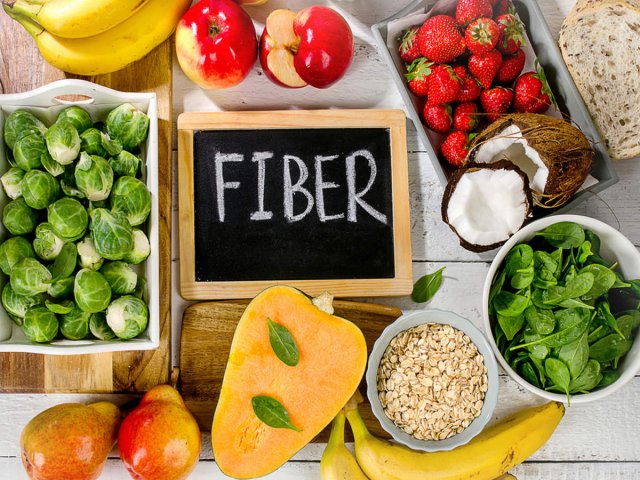



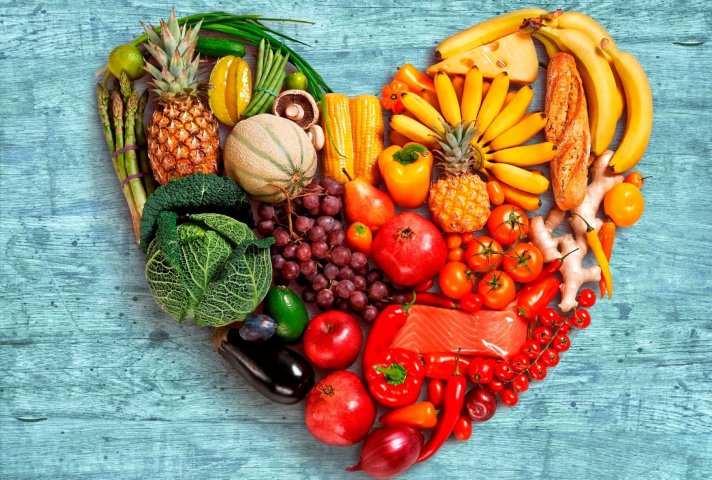

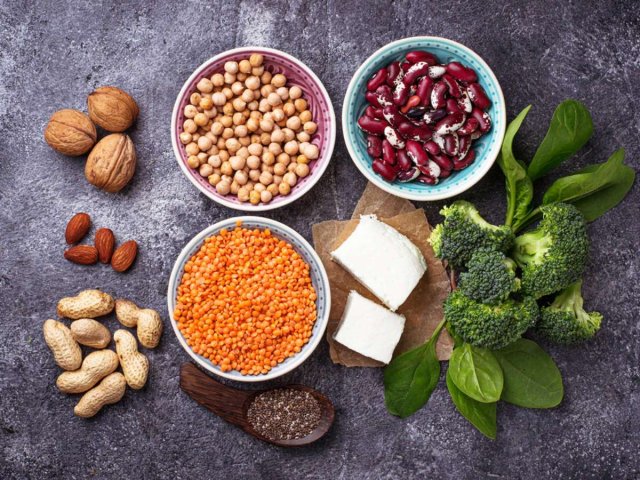




 Highlight the Best Facets of Your Incomparable Beauty: Discover the Best Face Highlighter Currently Available in India and Everything You Need to Know About Using Face Highlighters for Maximum Effect (2023)
Highlight the Best Facets of Your Incomparable Beauty: Discover the Best Face Highlighter Currently Available in India and Everything You Need to Know About Using Face Highlighters for Maximum Effect (2023)
 Forget the Blemishes and Get that Picture Perfect Flawless Radiance on Your Face: Check out the Best Foundations for Oily Skin Currently Available in India and Everything You Need to Know About Makeup Foundations (2023)
Forget the Blemishes and Get that Picture Perfect Flawless Radiance on Your Face: Check out the Best Foundations for Oily Skin Currently Available in India and Everything You Need to Know About Makeup Foundations (2023)
 Make Your Presence Felt Wherever You Go: Discover the Best Perfumes Under 2000 for Both Men and Women to Announce Your Arrival and Make Any Occasion Memorable (2023)
Make Your Presence Felt Wherever You Go: Discover the Best Perfumes Under 2000 for Both Men and Women to Announce Your Arrival and Make Any Occasion Memorable (2023)
 Protect Your Oily Skin from the Harmful Rays of the Sun: Discover the Best Gel Based Sunscreens for Oily Skin and Everything You Need to Know Before Buying One (2023)
Protect Your Oily Skin from the Harmful Rays of the Sun: Discover the Best Gel Based Sunscreens for Oily Skin and Everything You Need to Know Before Buying One (2023)
 Minor Blemishes and Wrinkles Affecting Your Confidence? Check out the Best BB Creams to Conceal Your Worries and Nourish Your Skin to Restore the Healthy, Radiant and Glowing Complexion Back Again (2023)
Minor Blemishes and Wrinkles Affecting Your Confidence? Check out the Best BB Creams to Conceal Your Worries and Nourish Your Skin to Restore the Healthy, Radiant and Glowing Complexion Back Again (2023)
